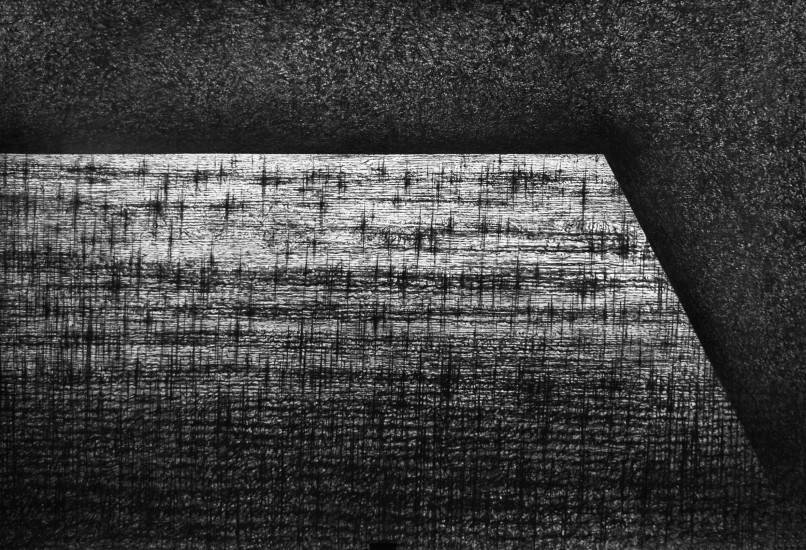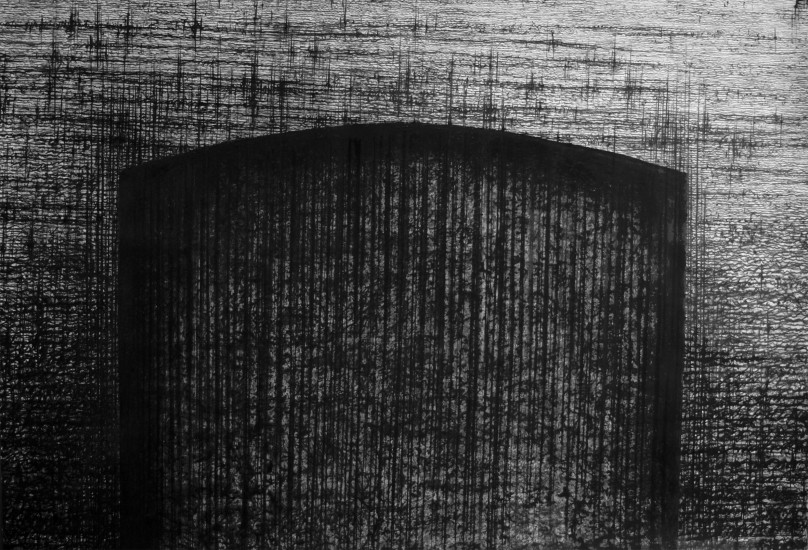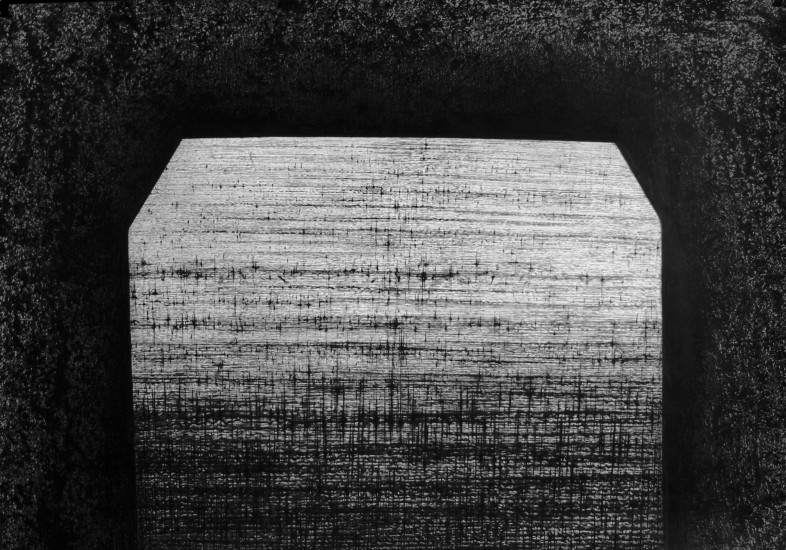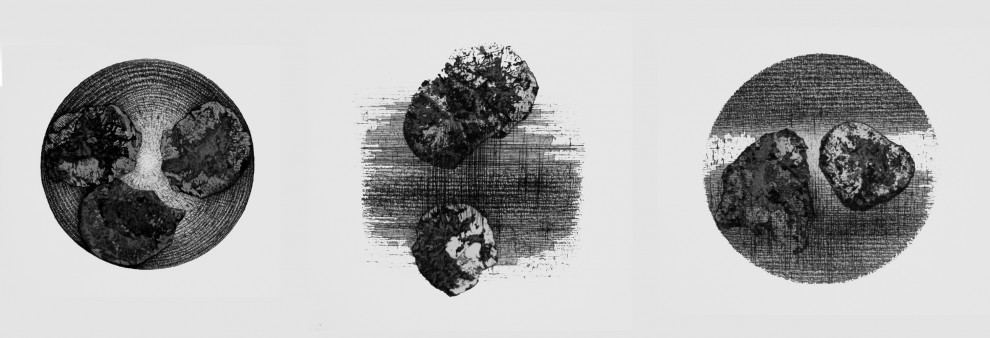He studied At The Katowice Departament of Graphic Art, a branch of the Academy of Fine Arts in Cracow in 1985-1990, graduating studio of graphic art and studio of graphic design.
Since 1993 he has taught at the Department of Art Education of Jan Długosz Academy in Częstochowa and Katowice Undergraduate School of Technology. He practices graphics art (etching and soft-ground etching, aqua- and mezzotint, dry-point) and drawing. He is creator and organiser of many artist events.
Chosen awards, grands:
1990 – Medal awarded by the Rector of The Academy of Fine Arts in Cracow for a degree-winning work
1991 – The Work of the Year Competition, Katowice, 1st prize
1991 – Cuprum V International Print Biennal, Lubin, 1st prize
1992 – 12th National Open Print Competition, Łódź, the President of the City award
1994 – The Print of the Year Competition, Cracow, 3rd prize
2000 – 4th Triennal of the Polish Graphics, Katowice, extra-statuory prize
2001 - National Open Print Competition, Tczew, main prize ex aequo
2009, 2010 - The Work of the Year Competition, Katowice, equivalent award
2009 – 7th Triennal of the Polish Graphics, Katowice, nomination to founded award
2009 – 4th International Drawing Competition, Wrocław, the President of the City award
2013 – International Graphic Triennal, Kraków – Stambuł "interfaces–istanbul"
2015 – 12th International Graphic Biennal Dry Point, Uzice, Serbia
2016 - 4th Graphic Biennal Szeklerland, Romania
2017 – 13th International Graphic Biennal Dry Point, Uzice, Serbia
Tomasz Chudzik looks for inspiration in nature, his peculiar model and point of departure. Choosing its intriguing elements, he does not only point out to their validity but also shows how they can be creatively transposed into a language of image (…) Transforming nature, he relies on his proficiency as a printmaker, painter and draughtsman and the world thus created is perplexing for its shape and disturbing for its mood of understatement far from being descriptive, he often careens between abstraction and figuration, adding new meaning to shapes. This is to convince us that in art the line between the concrete and real, and the imaginary and illusory takes quite unexpected routes.




